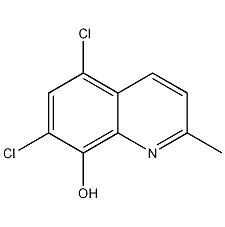
Structural formula
| Business number | 01H9 |
|---|---|
| Molecular formula | C10H7Cl2NO |
| Molecular weight | 228.07 |
| label |
Chloroquinadol, 5,7-Dichloro-2-methyl-8-hydroxyquinoline, 5,7-Dichloro-8-hydroxyquinaldine, 5,7-Dichloro-2-methyl-8-hydroxyquinoline, 5,7-Dichloro-8-quinaldol, 5,7-Dichloro-2-methyl-8-quinolinol, Hydroxydichloroquinaldine, BCM |
Numbering system
CAS number:72-80-0
MDL number:MFCD00023984
EINECS number:200-789-3
RTECS number:VC5600000
BRN number:156683
PubChem number:24893930
Physical property data
1. Character: Uncertain
2. Density (g/mL,25/4℃): Unsure
3. Relative vapor density (g/mL,AIR=1): Unsure
4. Melting point (ºC):108-112 (dec.)(lit.)
5. Boiling point (ºC,Normal pressure): Unsure
6. Boiling point (ºC, 5.2 kPa): Unsure
7. Refractive index:Not sure
8. Flash Point (ºC): Unsure
9. Specific optical rotation (º): Unsure
10. Autoignition point or ignition temperature (ºC): Unsure
11. Vapor pressure (kPa,25 ºC): Unsure
12. Saturated vapor pressure (kPa,60 ºC): Unsure
13. Heat of combustion (KJ/mol): Unsure
14. Critical temperature (ºC): Unsure
15. Critical pressure (KPa): Unsure
16. Oil and water (octanol/Log value of water) partition coefficient: Uncertain
17. Explosion limit (%,V/V): Unsure
18. Lower explosion limit (%,V/V): Unsure
19. Solubility:Insoluble in water
Toxicological data
Acute toxicity: Rat oral administration LD50: 660 mg/kg; dog oral administration LD50: 2250 mg/kg;Rabbit oral LD50:160 mg/kg;
Mutagenic:Aspergillus nidulansSex chromosome nondisjunction loss and testing system :1 gm/L;
Ecological data
None
Molecular structure data
5. Molecular property data:
1. Molar refractive index: 58.68
2. Molar Volume (m3/mol):155.3
3. isotonic specific volume (90.2K):429.6
4. Surface Tension (dyne/cm):58.4
5. Polarizability(10-24cm3):23.26
Compute chemical data
1. Reference value for hydrophobic parameter calculation (XlogP): 3.5
2. Number of hydrogen bond donors: 1
3. Number of hydrogen bond acceptors: 2
4. Number of rotatable chemical bonds: 0
5. Number of tautomers: 2
6. Topological molecule polar surface area 33.1
7. Number of heavy atoms: 14
8. Surface charge: 0
9. Complexity: 214
10. Number of isotope atoms: 0
11. Determine the number of atomic stereocenters: 0
12. Uncertain number of atomic stereocenters: 0
13. Determine the number of chemical bond stereocenters: 0
14. Number of uncertain chemical bond stereocenters: 0
15. Number of covalent bond units: 1
Properties and stability
None
Storage method
None
Synthesis method
None
Purpose
None
extended-reading:https://www.cyclohexylamine.net/balance-catalyst-ne210-dabco-amine-catalyst/
extended-reading:https://www.cyclohexylamine.net/non-emission-amine-catalyst-non-emission-delayed-amine-catalyst/
extended-reading:https://www.morpholine.org/dabco-33-s-microporous-catalyst/
extended-reading:https://www.bdmaee.net/toyocat-dt-strong-foaming-catalyst-pentamethyldiethylenetriamine-tosoh/
extended-reading:https://www.bdmaee.net/dimethyltin-dioctanoate/
extended-reading:https://www.bdmaee.net/low-odor-reaction-type-9727-catalyst-9727-reaction-type-catalyst-9727/
extended-reading:https://www.cyclohexylamine.net/spraying-catalyst-composite-amine-catalyst/
extended-reading:https://www.cyclohexylamine.net/dimethyltin-oxide-cas-2273-45-2/
extended-reading:https://www.newtopchem.com/archives/category/products/adhesive-catalyst
extended-reading:https://www.newtopchem.com/archives/1112



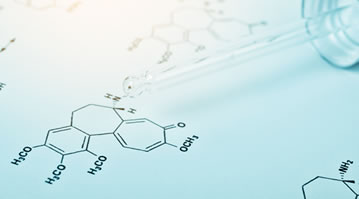

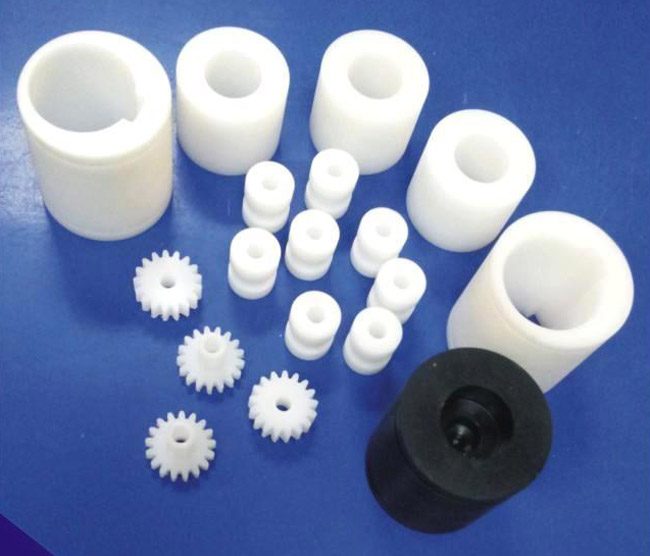
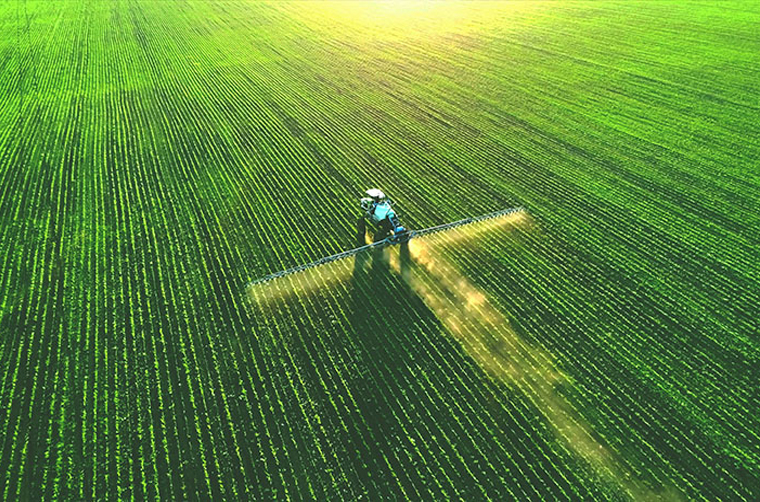

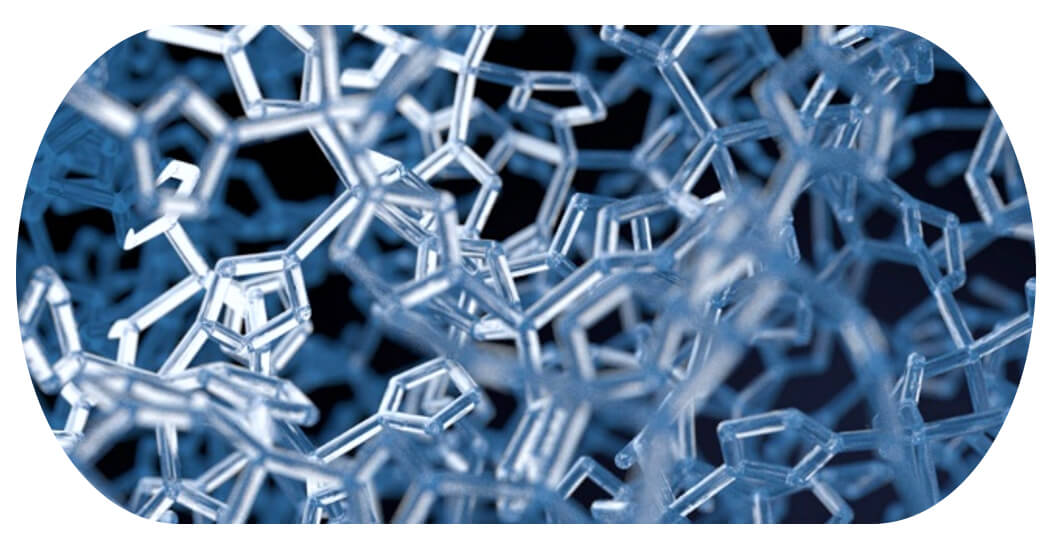
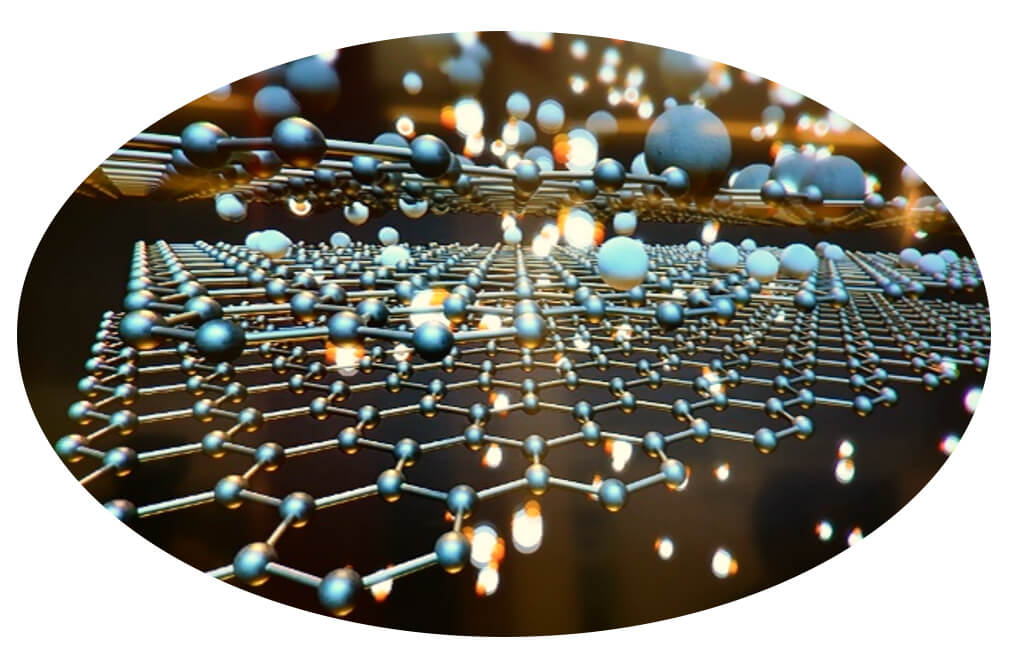

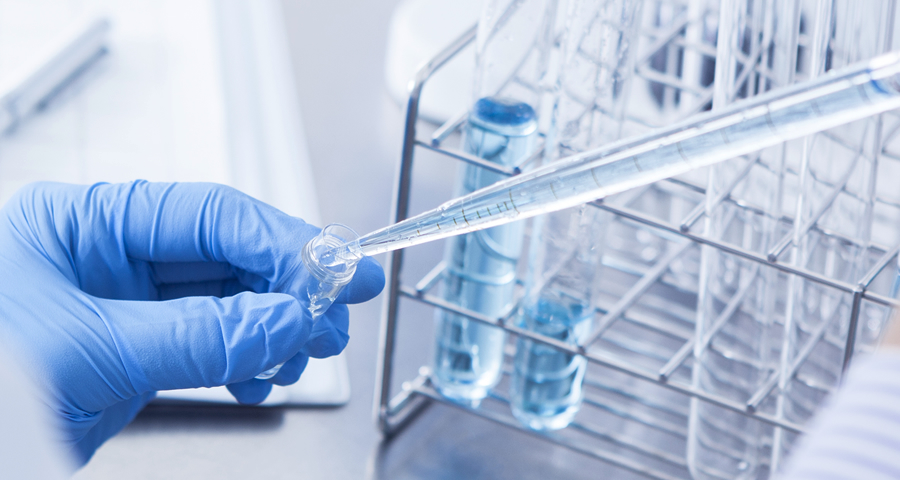
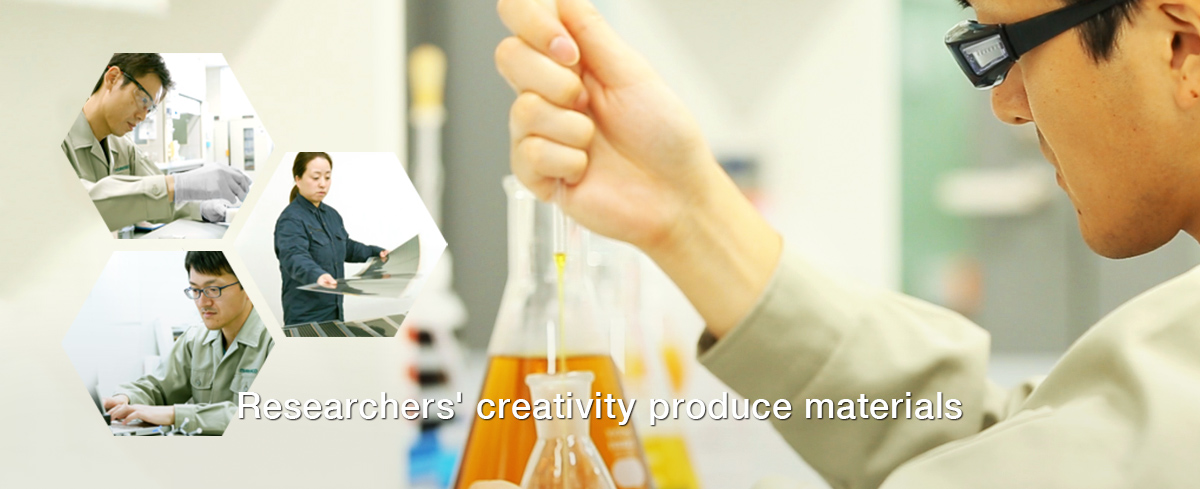





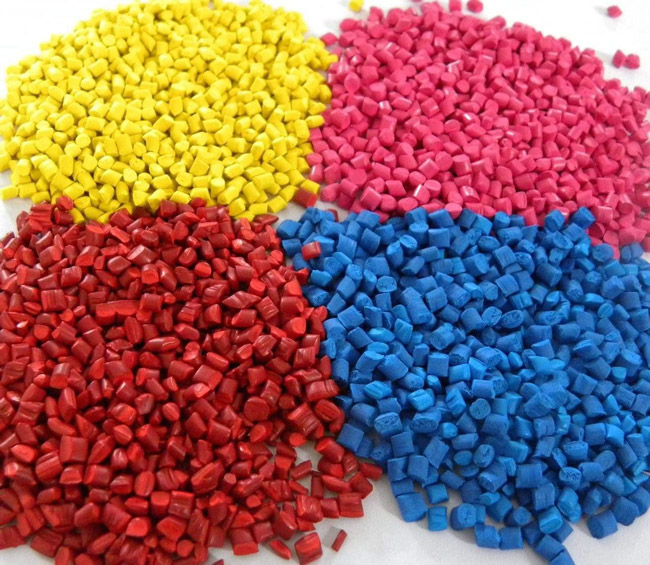

Comments